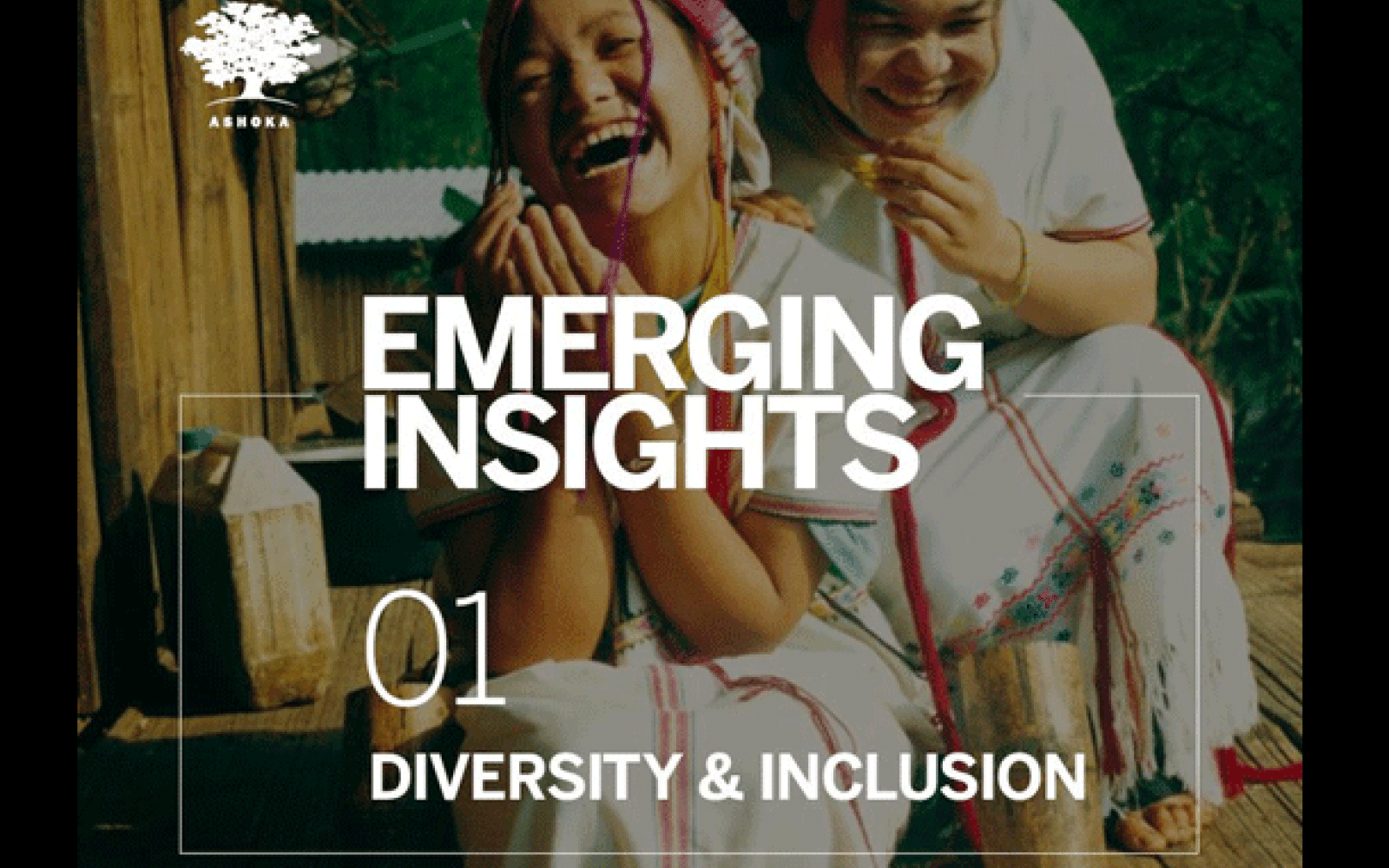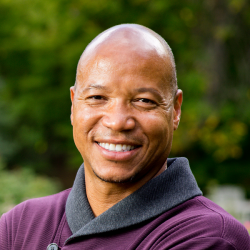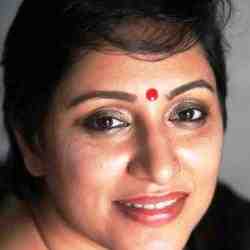Global Issues
In a world more connected than ever before, it’s puzzling that it still feels so divided. True integration of people who do not look, act, or believe the same has to go beyond simply being able to access a world of information. The status quo of discrimination and fear is reinforced, in part, because the information we receive is determined by algorithms that cater to our biases. Two people can be exposed to the same issue, but have two entirely different interpretations of the facts.
There is an urgency to look for solutions to solve for the stereotyping and discrimination that is perpetuated in this landscape of misinformation. Even with progress toward inclusion, people around the world are put in peril with the promotion of isolationism, exclusion, and political division that has recently been on the rise. Social innovators are pushing through the division to build cohesion and empathy in a time of polarization.
New Ideas
We see reasons to be hopeful. In 2018, Ashoka Fellows are building innovative solutions focused on authentic integration and pathways to rethink approaches to race, diversity, and inclusion of people from all creeds, political parties, ethnicities, and national backgrounds.
Our Fellows have focused on sharing new strategies for justice, healing, and reconciliation. These include an initiative in the southern United States focused on building a repository of stories of racial discrimination for healing and awareness. Another two Fellows are working to bring Roma people – in Brazil and in Europe – out of the shadows. And, we have multiple stories from around the world of Fellows working to ensure there is authentic inclusion of people who are differently abled.
Closing the gaps in empathy and equality
Combatting the economics of racial inequality in Brazil, Adriana Barbosa is building new social and economic systems that remove the invisible barriers that have restricted Afro-Brazilians to economic activity in micro and small enterprises. Constituting the majority population in Brazil, citizens of African descent have dominated these markets, but have incomes that are less than half the average of people of European descent. Adriana’s work accelerates, connects, and promotes Afro-entrepreneurs within corporate value chains to break through this reality. She has built a physical, branded marketplace event, the Feira Preta, which is an annual fair that brings entrepreneurs together for a celebration of black enterprise and creativity. It is also an institute with a co-working space and a lab to help entrepreneurs develop strong business models and gain access to financial markets and services. Adriana Barbosa is filling an important economic gap to re-envision a more equitable future for people of color.
Enhancing visibility of the marginalized
While Adriana Barbosa seeks to correct injustices for a majority population in Brazil, two Fellows are working to bring a historically marginalized community, the Romani, to light. There has been a historical lack of information about Roma people that has perpetuated institutional racism and excluded them from accessing public resources. Elisa Costa’s Maylê Sara Kali International Association (AMSK) is the only Roma organization in Brazil. Her organization coordinates networks to collect and disseminate information which counteracts negative stereotypes. A network of volunteers (prosecutors, statisticians, sociologists, and lawyers) has helped to revise statistics to demand they receive benefits. Due to AMSK’s work, all 800,000 Romani have been guaranteed healthcare by the Ministry of Health.[1] In Italy and across Europe, Carlo Stasolla’s organization Associazione 21 Luglio is redefining what it means to be Roma and is specifically focused on advocating for integration strategies across the continent. With a focus on providing data to propel action, Carlo’s team focuses on providing governments with information on housing, health, education, and legal status of Romani, based on extensive fieldwork. After developing a policy plan for the closing of Roma camps in Italy, the City Council of Rome changed laws to adopt the suggestions and the European Commission against Racism and Intolerance published the report as a representation and call to action on how segregation based on ethnic origin is in violation of both Italian and European law. The organization monitors the implementation of these plans and much work is left to be done. A report from earlier in the year shows that 26,000 of the estimated 180,000 Roma are still housed in informal shanties and Roma camps.[2]
Reconsidering the definition of ability
Our Fellows are focused on driving inclusive social programs and services for diverse ethnic or racial groups, but a number of Fellows this year are also showing us that we need to rethink ability and inclusion for differently abled individuals. Jonas Staub creates a culture of inclusion in Switzerland by ensuring that everyone in society feels responsible for each other. His organization, Blindspot, works to reverse the trend of treating children with differing abilities as apart from everyone else. As a social worker, he noticed that differently abled people had no autonomy – they were always told what was good for them and removed from decision making. He believes that differently abled people should be given the opportunity to connect and integrate in authentic ways with everyone in society. Sports have been his starting point – giving children the opportunities to play together and show children that differences should not divide them.
Autistic children, children with Down syndrome, or children with dyslexia are being integrated more meaningfully into the Turkish education system through the work of Hasan Zafer Elcik. Only 5% of the 375,000 pre and primary school-aged children with autism in Turkey have access to education. Access to special kindergartens where they can interact with peers are especially cost-prohibitive. Zafer created Otsimo, a mobile application and community (both on- and off-line) to reach more families. Children can focus on basic literacy with positive and stress-free learning tools. A “family app” enables parents and caregivers to participate in their child’s education and help them succeed. There are 44,000 registered users and 16,000 children a month actively using it. In moving forward, Zafer plans to scale globally, democratizing information through play-based educational tools for any child with a special condition.
The Opportunity: Make Everyone Powerful
How do we reshape our societies to enable everyone to be equally powerful?
Change is the new normal. Today’s economic, political, and social environments stand out for their complexity and uncertainty. The global community will continue to connect through new technological advances and grow and expand in response to economic and political instability. To be able to adapt to change, everyone will require skills in empathy and agility. Some will fear integration, but we know this can be overcome when people are able to employ complex thinking, problem solving, and creativity.
The seventeen Ashoka Fellows in our 2018 cohort who are contributing diversity and inclusion solutions show us how challenging ourselves to fully integrate enables everyone to win, not just the select few. They are showing us how to overcome deep cultural and structural barriers to build a future in which all beings – regardless of their gender, race, ability, or age – are treated with dignity and supported in reaching their full potential as changemakers.
With our continued commitment to diversity and inclusion, Ashoka seeks opportunities to amplify and accelerate these innovations for more collective impact by helping convene teams to scale impact, match make solutions with key stakeholders, and cultivate a global conversation to influence others to adopt and spread solutions.
[1] GASPAR, Lúcia. (2012) Ciganos no Brasil. Retrieved from http://basilio.fundaj.gov.br/pesquisaescolar/
[2] Associazion 21 Luglio. (2018). 2017 annual report of. Retrieved from http://www.21luglio.org/21luglio/rapporto-annuale-2017-26-mila-rom-emergenza-abitativa-2/


